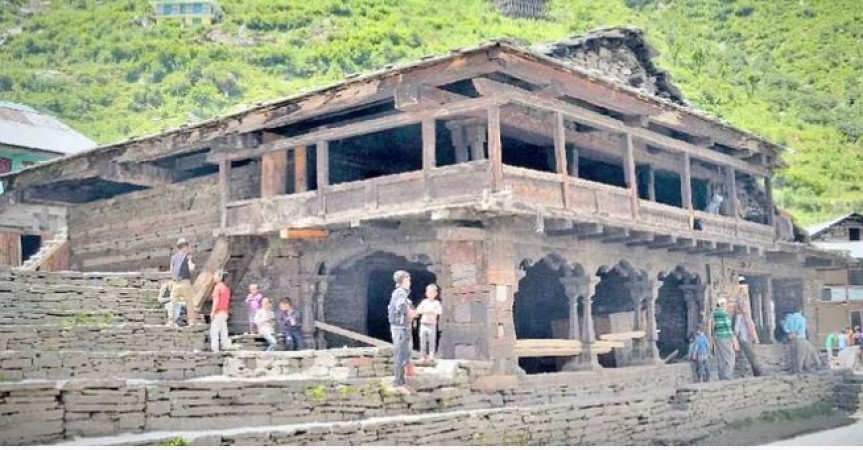
In a remote corner of the country, there exists a village that defies the conventional norms of governance. With its own Parliament and Constitution, this quaint settlement has created a distinct identity, detached from the overarching reach of Indian law.
Nestled away from the hustle and bustle of mainstream society, this enigmatic village operates on principles that set it apart. As we delve into the intricacies of its self-governance, a fascinating tale unfolds.
The heart of this anomaly lies in its self-established Parliament. Unlike the larger political landscape, the village residents actively participate in decision-making processes that directly impact their lives.
The village Parliament operates on democratic principles, allowing every voice to be heard. Citizens engage in lively discussions, ensuring a collective decision-making process that reflects the diverse perspectives within the community.
At the core of this exceptional village is its bespoke Constitution. Crafted by the residents themselves, this document delineates the rights, duties, and guiding principles that govern their lives.
Remarkably, the village's Constitution grants it a degree of legal autonomy, creating a jurisdictional bubble where Indian law holds no sway. This distinctive legal framework has sparked debates and discussions among legal scholars and policymakers.
As we navigate through this anomaly, questions arise about the jurisdictional intricacies surrounding the village's autonomy.
The existence of a separate legal system within the borders of a sovereign nation raises intriguing questions. How does the village navigate legal complexities, and what implications does this autonomy hold for its residents?
The relationship between the village and the larger legal framework prompts us to ponder whether coexistence is sustainable or if it is a recipe for inevitable conflict.
To comprehend this unique phenomenon, it is imperative to unravel the historical threads that have woven the village's distinctive identity.
Rooted in traditions passed down through generations, the village's self-governance is deeply intertwined with its cultural and historical tapestry.
Some scholars argue that remnants of colonial influence may have played a role in shaping the village's autonomous structure. Exploring this historical perspective adds layers of complexity to our understanding.
Amidst the legal intricacies and historical contexts, it's crucial not to lose sight of the human element that breathes life into this anomaly.
The residents of the village share a unique camaraderie, fostering a sense of belonging that transcends the legal and historical complexities surrounding them.
Every unique venture faces its share of challenges. How does the village navigate obstacles, and what triumphs have marked its journey toward self-governance?
In concluding our exploration of this extraordinary village, we are left with a tapestry of complexities and anomalies. The juxtaposition of self-governance against the backdrop of a larger legal framework raises questions about the fluidity of governance and the diverse ways communities shape their destinies.
Eating at the Wrong Time? Discover the Right Time for a Balanced Lifestyle
What is Motion Sickness? How to Avoid It and Enjoy Smooth Travels
From improving eyesight to curing acne, know the many benefits of raw onion